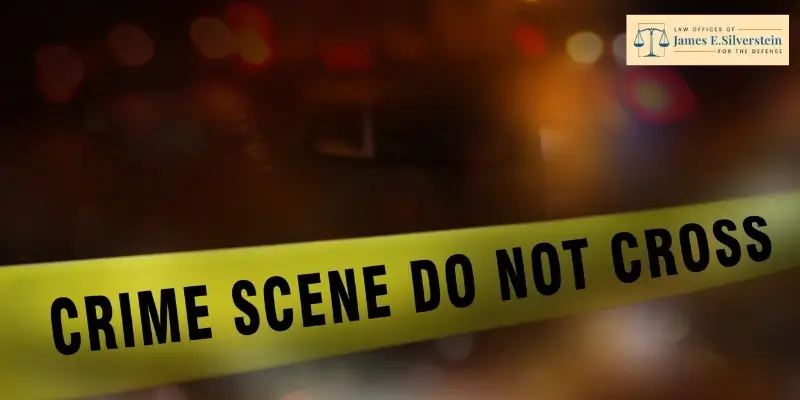Over 20 years of legal experience
Calabasas Gang Crimes Attorney
Gang-related crimes refer to crimes committed by a person or persons who are affiliated with a recognized street gang. Most homicides in major cities are committed by gangs against each other
or rival gangs, innocent bystanders, law enforcement, or targets of the criminal activity. Los Angeles reputedly has about 1,400 street gangs.

Many states have laws specifically targeted at making it easier to charge and convict gang members. California has the Street Terrorism Enforcement Prevention Act (STEP), similar to the federal Racketeer Influences and Corrupt Organizations Act (RICO), that requires gang members to register with police, enhances conviction of gang-affiliated crimes, and allows police to confiscate property used in gang-related activities.
The effect of these laws is to loosen the rules of evidence whenever gang activity is suspected. Even the slightest connection with a gang can greatly enhance a sentence by adding more years and by elevating offenses normally charged as misdemeanors to felonies. Prosecutors can also introduce evidence of gang activities by a particular gang of which the defendant is alleged to be a member or affiliated with, or of how gangs operate generally to influence a jury.
A gang-related offense is a very serious charge with almost certain substantial state prison time. If you are alleged to have committed a crime that is gang-related, contact criminal defense attorney James Silverstein.
EXAMPLES OF GANG-RELATED CRIMES
- Drug crimes
- Sex crimes
- Homicide
- Assault
- Weapons charges
- Theft and extortion
WHAT IS A GANG MEMBER?
Gang members can be identified by their clothing or tattoos that may distinctly link them to a specific gang or whom police may find associating with known gang members.
Also, when does a gang member stop being one? There are no guidelines and each case is unique. Many members gradually dissociate themselves or are forced to move to a different city or town, but law enforcement may always consider them as a gang member.

GANG INJUNCTIONS
In some cases, a city attorney will ask the court to issue an injunction against gang members associating with one another in public or from engaging in certain conduct. Violation of the injunction subjects any alleged gang member to arrest and a contempt charge. You must be served with the injunction and should immediately contact an attorney such as James Silverstein to fight the injunction against you or you lose important civil liberties.
DEFENSES
Your attorney can challenge your gang affiliation by showing conduct you took to distinguish yourself from a gang or that you do not meet a state’s criteria for gang membership. Along with defenses to the underlying charge, your attorney must show that the crime was not committed for the benefit of a gang or at the direction of another gang member.
Contact Us Today
Contact James Silverstein if you are charged with any criminal offense, including a gang-related offense, to ensure protection of all your rights.



